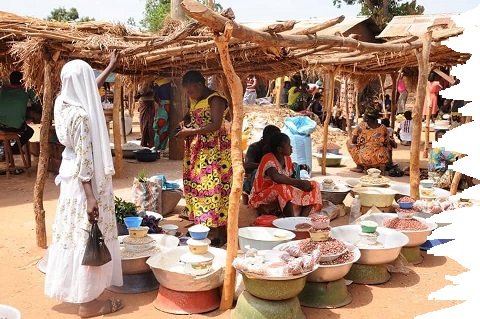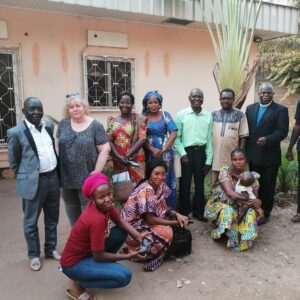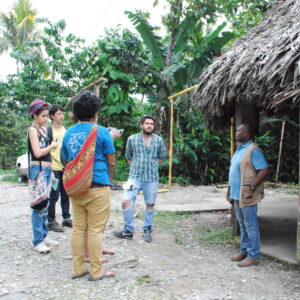To make humanitarian action culturally sensitive,
a few simple principles can help:
Cultural sensitivity paves the way for localization
based on resilience and dignity of stakeholders.
For humanitarian action to be culturally sensitive, a few simple principles can help:
Being culturally sensitive enables you to perceive culture as a complex and multidimensional reality. It cannot be reduced to its tangible aspects.
Culture goes beyond the visible elements represented by the tip of the cultural iceberg (such as clothing, food prohibitions, body language or modes of greeting) or technical knowledge (construction of traditional habitats, types of vegetables growing). It includes in the hidden part of the iceberg, values, norms, structures and perceptions.
Being culturally sensitive makes it possible to take into account the dynamism and constant evolution of cultures, even traditional ones.
Culture evolves influenced by contacts, exchanges, technologies, aspirations, levels of development and even more following shocks, crises and confrontations. There are paradoxical elements within a very culture due to various influences, aspirations and developments.
Being culturally sensitive helps to avoid romanticism or too radical cultural relativism.
Cultural dialogue makes it possible to respect, with empathy and a critical mind, the culture of others and of oneself.
Being culturally sensitive makes it possible to read complex contexts.
It is impossible to understand everything or know everything in relation to a context, comprising different cultural components according to regions, impacts of crises and also various influences. Being culturally sensitive is all about finding the right balance between reducing complexity and creating stereotypes.
Culturally sensitive humanitarian action recognizes that cultures are impacted by crises in an irreversible way.
The impacts of crises such as forced displacement, violence, threats, daily survival or fears lead to the adaptation of behaviors and attitudes leading to cultural changes and the creation of specific cultures of crises, often sources of innovation.
Culturally sensitive humanitarian action recognizes not being culturally neutral. There is a distinct humanitarian culture that influences local cultures.
Humanitarian cultures, through their different modes of organization, motivations, objectives, ethical and logistical imperatives, create specific behaviors and environments. It is important to be aware of their existence and their influences in the interpretations of situations and projects.
Culturally sensitive humanitarian action takes into account many cultural determinants in all stages of the project cycle.
Local understandings of the environment, spirituality and religions, hierarchical links, social gender roles, information flows are for example important cultural determinants to consider in projects
Culturally sensitive humanitarian action goes beyond participatory processes or intercultural communication.
Cultural dialogue calls for the development of specific skills and the creation of roles as catalysts or cultural translators.



